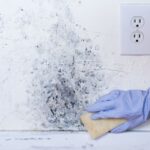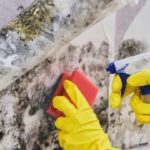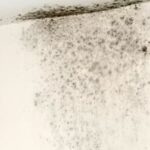Your home may be harboring unpleasant odors from dirty laundry, leftover food, or greasy cooking fumes. Some offensive smells, such as mold or gas leaks, can even pose health risks to your family.
1. Mold
If you detect a musty odor in your home, it’s likely coming from moldy walls. This is a common hiding place for mold, and it’s not too difficult to locate. Since mold is detrimental to your health, it’s essential to eradicate it. Common causes of mold include leaky pipes, poor ventilation in bathrooms or kitchens, or both.
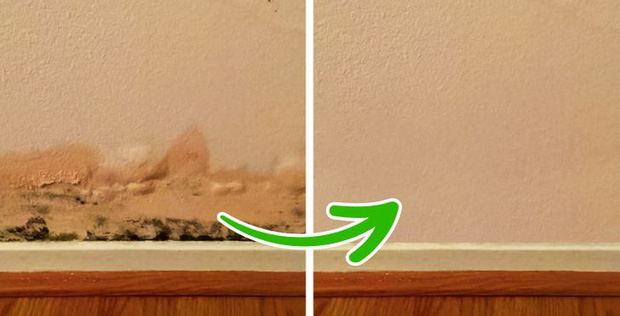
Solution:
– For small moldy areas, you can clean it yourself with soap and water. For a more effective solution, use vinegar or a specialized mold-removing cleaning agent.
– If the mold covers a large area and could be toxic, it’s best to consult a professional.
– Prevention is always better than cure. Keep everything as dry as possible, ensure good ventilation, and control humidity in functional rooms.
2. Electrical Issues
A fishy or putrid smell in your home could indicate a problem with your wires or electrical outlets. According to experts, wires and plastic components emit a fishy or ammonia-like odor when they burn or melt.
Even if you can locate the faulty wire or outlet, it’s best to call an electrician to fix the issue as electrical problems can be dangerous. Once the problem is resolved, the unpleasant smell from the previously affected area should dissipate.
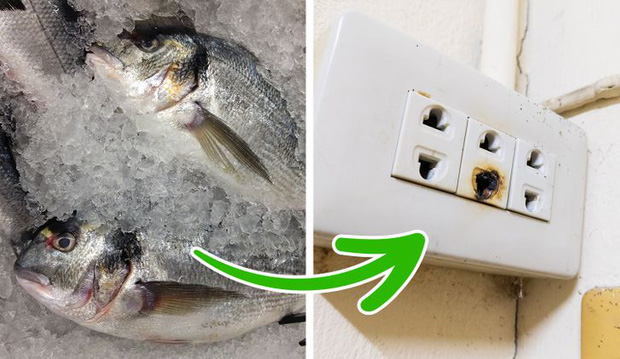
3. Gas Leak
A gas leak is an extremely dangerous situation that requires immediate attention. If you smell rotten eggs in your home, it’s likely due to a gas leak.
In this case, the first thing you should do is turn off the gas valve and refrain from turning on any lights or appliances. Then, exit the house and call the gas company to inspect and repair the issue. It’s also a good idea to inform your neighbors. Once everything is resolved, open all doors and windows to ventilate and eliminate any lingering odors.
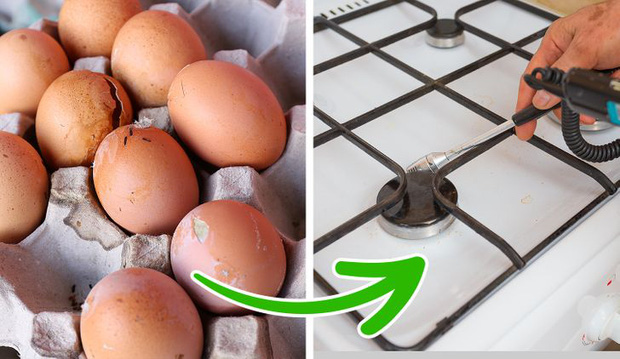
4. Floor Carpets
Floor carpets can be a source of unpleasant, musty odors that are harmful to your family’s health.
You can naturally clean carpets by sprinkling baking soda on them and then vacuuming. Leave the baking soda overnight, and the odor will disappear. Alternatively, try using a carpet-specific cleaning agent, steam cleaning, or hire a professional cleaner.
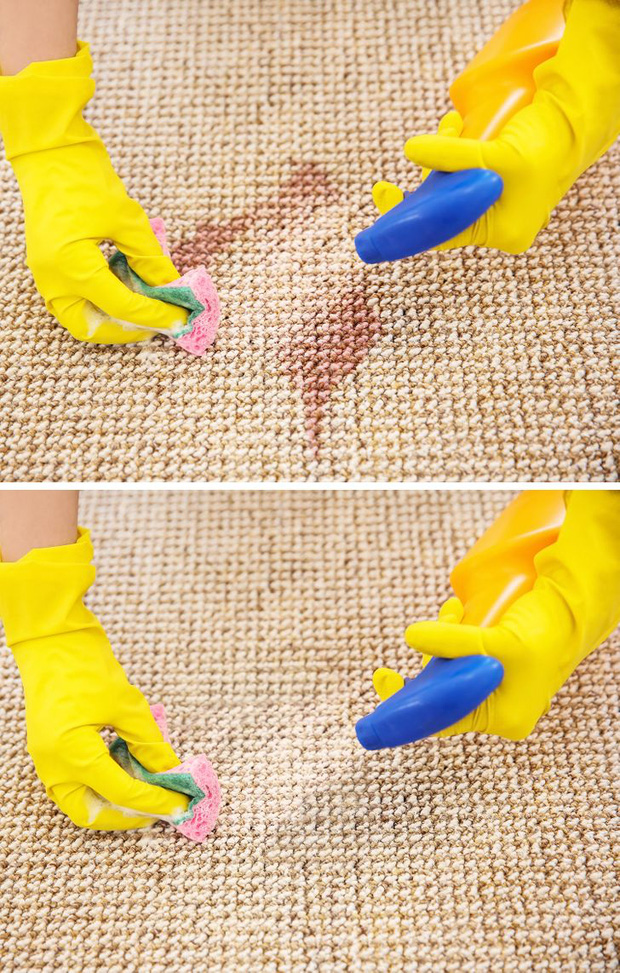
5. Dishwasher
Your dishwasher can also emit foul odors after prolonged use. Similar to washing machines, dishwashers require periodic cleaning. So, if your cooking area is spotless, the problem may lie with the dishwasher.
You can clean the dishwasher with vinegar or by placing baking soda inside and running it as usual. For a deeper clean, locate and clean the dishwasher’s filter, as this is where food residue accumulates. Clean the door with a mixture of vinegar and warm water.
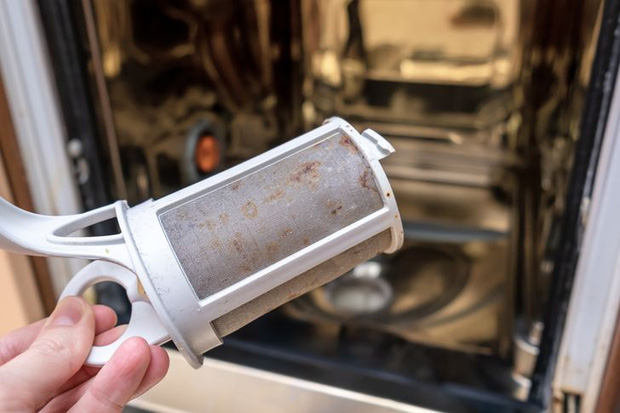
6. Walls
Walls can indeed be a source of unpleasant odors in your home. That’s why it’s a good idea to clean or repaint them after extended use. However, if you consistently notice a musty smell when entering your home, try cleaning the walls and ceiling.
One solution is to mix white vinegar and warm water in a spray bottle and spritz it on the walls before wiping them down. Vinegar will clean the surfaces and eliminate the unpleasant odor.
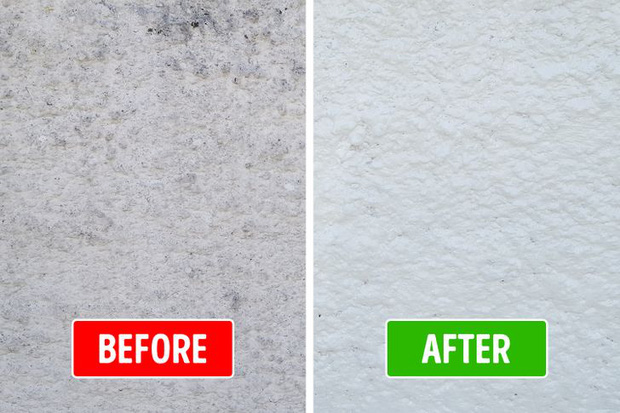
Alternatively, you can clean the walls with ammonia and water. Apply the mixture, wait a few minutes, and then rinse with warm water. In addition to cleaning the walls, ammonia will help eliminate any odors emanating from them. You may also consider repainting, but it’s best to clean the walls first.
According to Trí Thức Trẻ
“The Dangers of Using the Wrong Cutting Board: How to Keep Your Food Safe and Clean”
The humble chopping board is a kitchen essential, but it can also be a breeding ground for bacteria and a source of food contamination. Some types of chopping boards can be particularly hazardous to your health, so it’s important to know which ones to avoid. These three types of chopping boards should be thrown out immediately to reduce the risk of foodborne illnesses and keep your family safe.
The Ultimate Guide to Reviving Your Walls: Transform Peeling, Moldy Surfaces to Sparkling New
Many homeowners experience the frustrating issue of peeling paint and black mold on their walls. If you’re facing this problem, don’t despair! There are simple tips and tricks you can use to tackle this issue and restore your walls to their former glory. Keep reading to discover effective solutions that will leave your walls looking brand new.
The Ultimate Guide to Dealing with Damp Walls and Mold: A Simple, Effective Solution
The damp, rainy weather has caused a menace of mold to appear on walls and in homes. This is not just an eyesore but a potential health hazard, and it needs to be addressed promptly. Mold can cause a plethora of health issues, including respiratory problems, allergies, and even toxic reactions in some individuals. It is imperative to eradicate this problem at its source to ensure a safe and aesthetically pleasing environment.

























